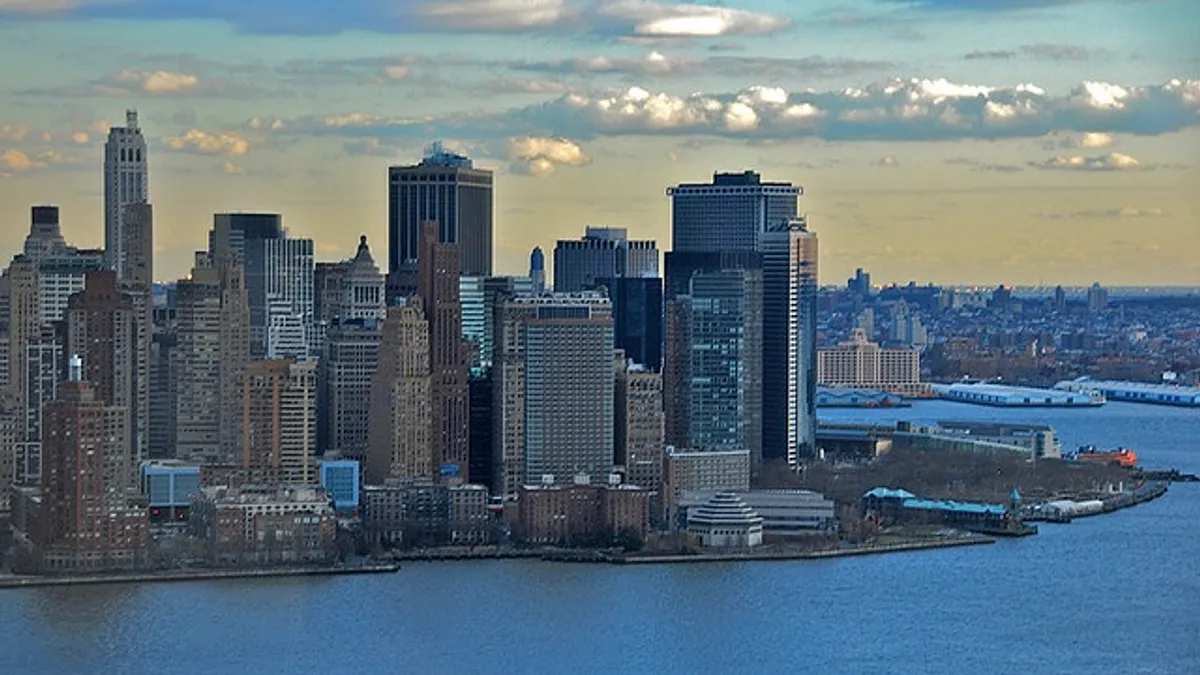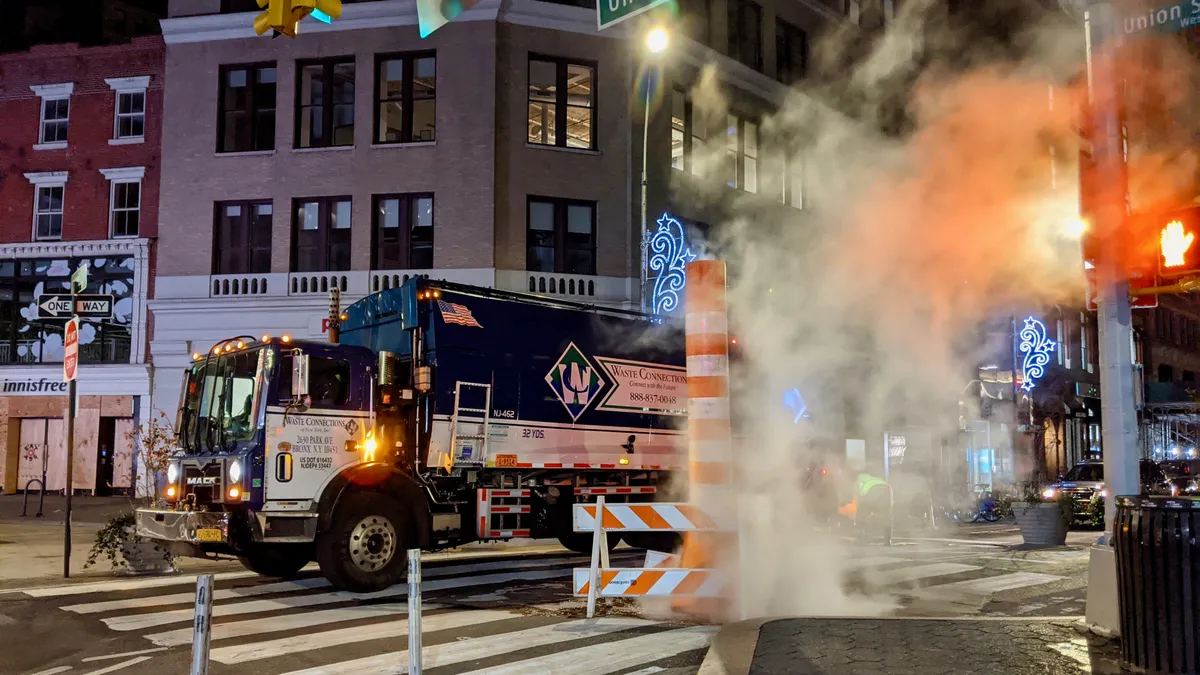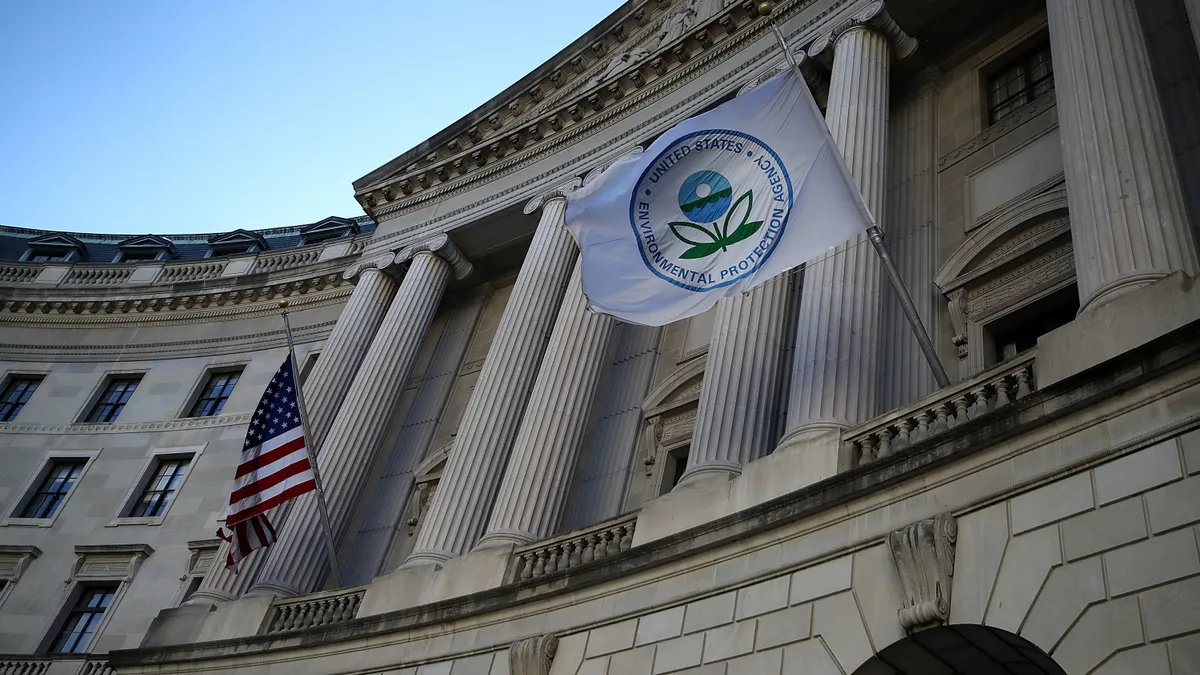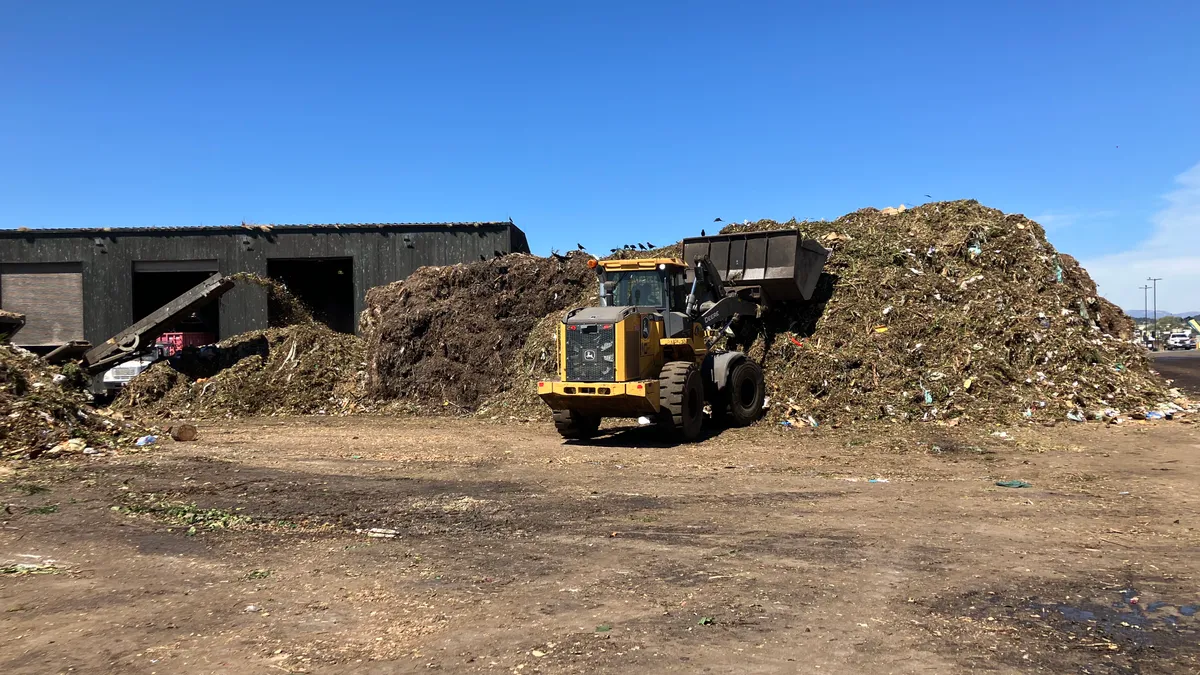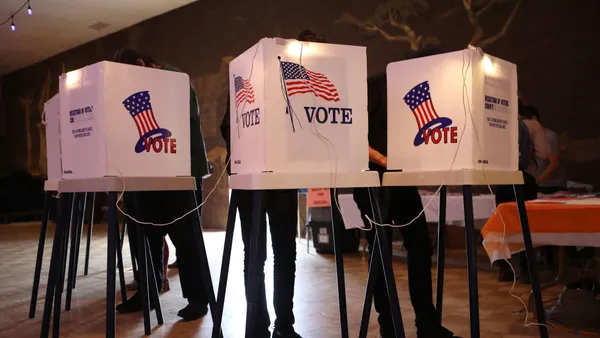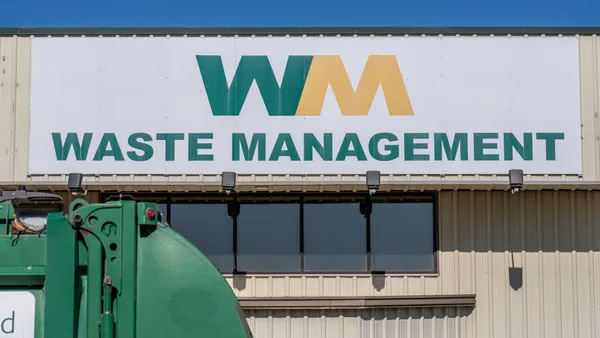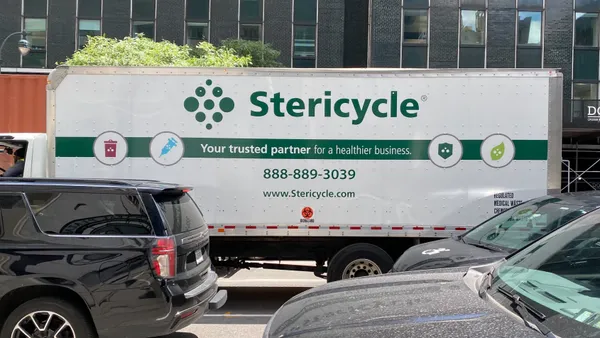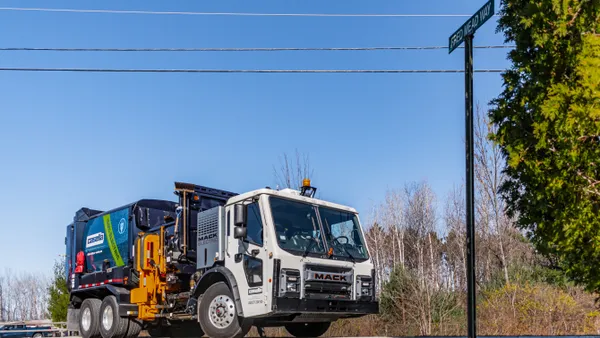Dive Brief:
- New York plans to adopt a citywide composting program by 2018, including expansion of residential curbside collections and new drop-off sites, and possibly expanded commercial service. The ultimate goal is to reduce landfill waste 90% by 2030 and carbon emissions 80% by 2050. A New York solid waste management report of the New York Citizens Budget Commission (CBC) found a citywide curbside collection program would cost between $177 million and $251 million annually and went on to analyze budget and other issues and to make recommendations.
- The report concluded that separate collection of organic waste will generate costs, namely for added truck routes, which will also cause traffic problems, and such a system would require fees to ship organic material outside the city for processing.
- Authors made several recommendations, including expanding curbside collections only in locations and at times that additional collection routes are not required. And they recommended installation of in-sink disposers in neighborhoods with sufficient wastewater treatment plant infrastructure to handle the food waste.
Dive Insight:
New York has been prioritizing composting, recently requiring hotel restaurants, arenas, and food wholesalers to recycle food waste. And now the city is looking at the prospect of a citywide organics waste collection plan. But such a plan will pose steep logistical and financial challenges, the report authors believe.
Said the authors, "… municipal leaders should understand that unless residential trash collection costs are reduced by fundamentally altering collection routes and practices, new program costs will greatly overwhelm any potential savings from landfill reduction … expansion of organics collection may also outpace regional processing infrastructure if the city cannot access new facilities … A targeted and thoughtful approach … would preserve municipal resources and ensure organics programs are sustainable for the long term."
As it works through the challenges, SWANA pledged its support.
"The CBC's report on organics diversion in New York City is the fifth in a series of thoughtful studies of waste issues," David Biderman, SWANA CEO and Executive Director told Waste Dive in an email. "The new report highlights the complex environmental and economic considerations faced by municipal decisionmakers when considering changes in how waste is managed. Due to New York City's prolific generation of organics, unique geography, and strong local opposition to new facilities, these considerations are amplified. SWANA will continue to work with DSNY, other City officials, and the industry on this and other waste issues."


